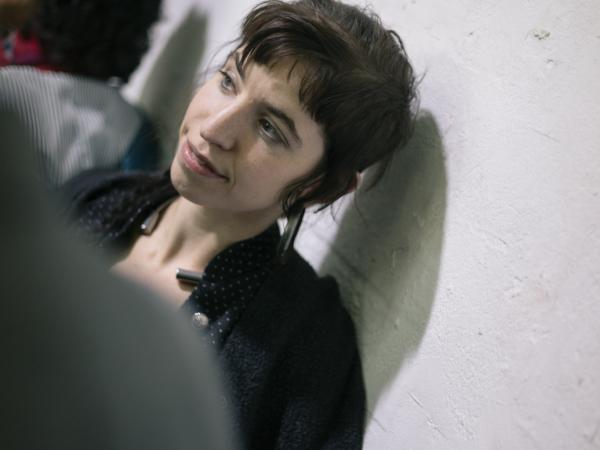Scientific curator Andrea Bruciati’s idea starts from the conceptual premises of Susan Sontag’s renowned essay, connecting it to the most up-to-date artistic production and highlighting both the singularity and the cogent actuality of her arguments.
February 11 / March 10, 2012
Opening Times: Tuesday / Monday 2 – 8 p.m.
Monday and Sunday only by appointment
Jarach Gallery
Campo San Fantin, San Marco 1997
30124 Venezia
+39 041 5221938
info@jarachgallery.com
www.jarachgallery.com
facebook.com/jarachgallery
the essence of camp is its love of the unnatural: of artifice and exaggeration, wrote Susan Sontag (Notes On Camp,1964). But of what kind of artificiality, unnaturalness, can one speak of today; in an epoch where postmodernism has reshuffled the cards of any structural and ethical analysis regarding research on aesthetics, and in other fields as well.
Camp approaches the discourse of power in an ambivalent way: is it a channeling process aiming at outright transgression/revolution or an ambiguous practice towards the dominant culture, since it places itself within the same modalities and focuses on reviewing its own contents?
The fact is that a camp attitude very well fits the narcissistic creativity of the artists who assert the autonomy of their creativity from any contaminant simulation, just to then have to reach plausible forms of compromise to accept it.
In such hiatus are at stake the personality and the affirmation of the author, who is relentless in pursuing a personal utopian ideal, but, at the same time, is very pragmatic in understanding that only by penetrating reality it is possible to implement some changes.
As in Dragana Sapanjoš’ case, it has to do with disturbing subjects placed in continuous relation with their own identity and focusing on the alteration of the perceptive systems through the analysis of behavioral practices; or it has to do with individuals proceeding through fragments of memory lacking any apparent consequentiality, as in Andrea Dojmi’s work: he hypothesizes, by reenacting it, a different world through the emotional value of his own experiences. What comes out of it is once again a divergent and yet complementary solution: the utopian tension of a future which is actually regressive, as it stands out in Davide Bertocchi’s research, seems to give substance to the tension and conflict of a tomorrow, while an anthropological and wondering recovery aiming at rediscovering identities, clearly traceable in Daniele Pezzi’s efforts, makes it evaporate when facing a present that is not offering much hope of succeeding.
Andrea Bruciati







Comments 0
Say something